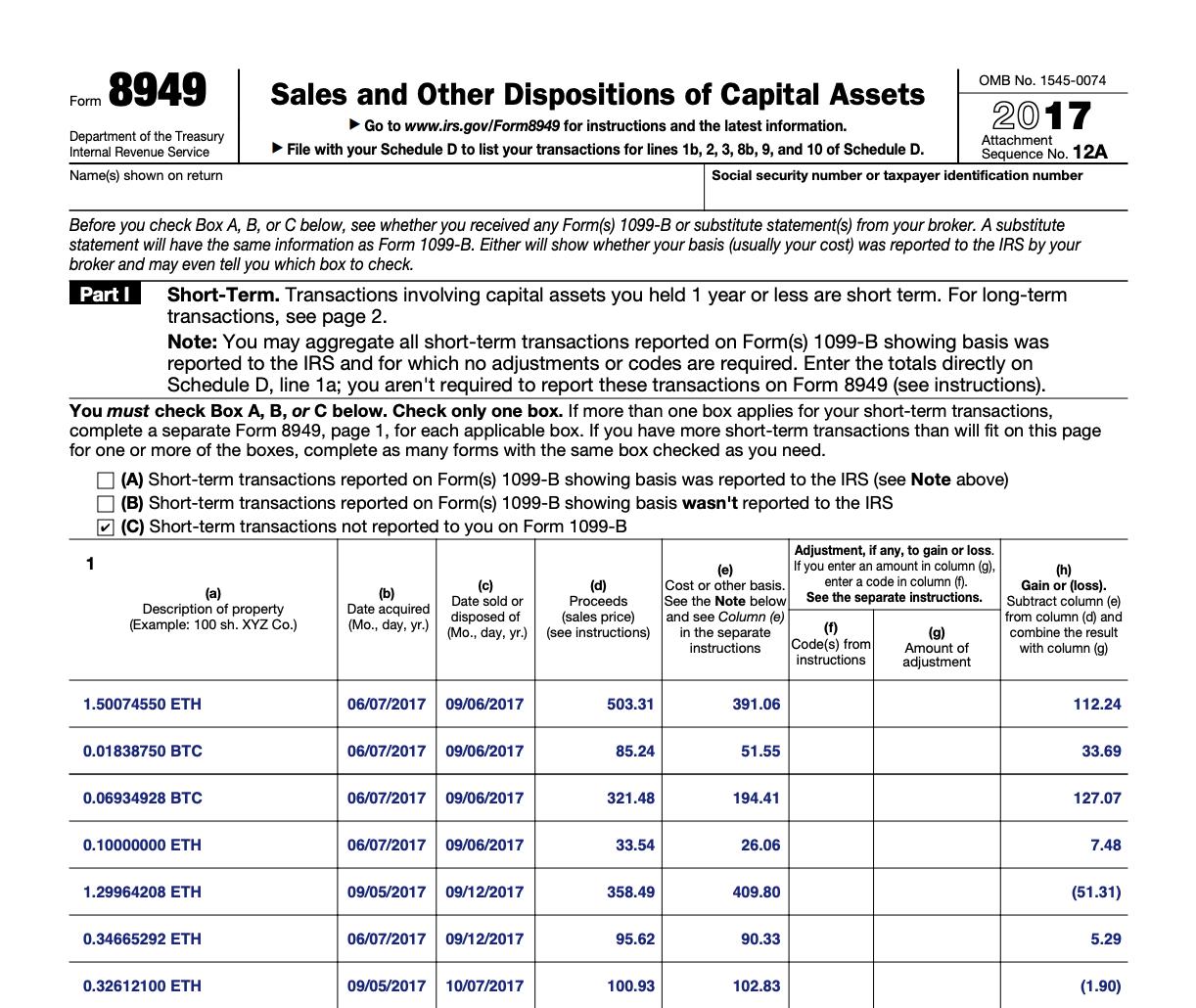
Image: www.ainfosolutions.com
Introduction:
In the intricate realm of stock market investments, where the pursuit of financial success intertwines with the complexities of tax regulations, option trading emerges as a formidable force. Understanding the nuances of option trading tax reporting is paramount to ensuring compliance, maximizing returns, and navigating the tax landscape with confidence. This comprehensive guide will delve into the depths of option trading tax reporting, decoding the complexities and empowering you with the knowledge to optimize your financial strategies.
Option Trading: A Glimpse into the Investment Arena
Option contracts, the enigmatic instruments of financial markets, confer unique rights and obligations upon their holders. These contracts bestow the power to buy or sell an underlying asset, ranging from stocks to commodities, at a predetermined price within a specified time frame. Armed with this knowledge, investors venture into option trading, seeking to harness the market’s unpredictable movements to generate substantial profits.
Navigating the Tax Implications: A Journey Through the Tax Code
Delving into the intricacies of option trading tax reporting, it is imperative to recognize that options are classified as capital assets under the watchful eye of the Internal Revenue Service (IRS). Their sale or exchange triggers capital gains or losses, subject to the prevailing tax rates based on the holding period. Short-term capital gains, realized within a year of acquiring the option, are taxed as ordinary income, while long-term capital gains, held for over a year, are eligible for favorable tax treatment.
Decoding the Impact of Option Premiums
Option premiums, the lifeblood of option trading, represent the price paid by the option buyer to acquire the rights conveyed by the contract. When an option expires worthless, the premium paid becomes a capital loss, potentially offsetting gains from other investments. Conversely, exercising or selling an option can generate capital gains, further complicating the tax implications.
Understanding Straddles and Their Tax Consequences
Straddles, complex option strategies involving simultaneous purchase of both a call and a put option on the same underlying asset at the same expiration date and strike price, warrant special attention when it comes to tax reporting. The tax treatment of straddles hinges upon their classification as actual hedges or speculative positions. Failure to meet the rigorous criteria for hedging can lead to the harsh consequence of gains being taxed as ordinary income while losses are considered capital losses.
Expert Insights: Unlocking the Secrets of Successful Reporting
Harnessing the wisdom of seasoned tax professionals, it becomes evident that meticulous record-keeping is the cornerstone of successful option trading tax reporting. Maintaining accurate records of all transactions, including the acquisition and disposition of options, exercise prices, and expiration dates, ensures compliance and facilitates the verification of gains and losses.
Beyond the Basics: Exploring Advanced Option Strategies
For those seeking to elevate their option trading prowess, venturing beyond fundamental strategies opens up a world of advanced techniques. These sophisticated maneuvers, such as spreads and collars, introduce even greater complexities to the tax landscape, demanding a thorough understanding of their implications. By seeking professional guidance, investors can confidently navigate the intricacies of advanced option strategies while adhering to tax regulations.
Conclusion: A Journey’s End and a Call to Action
Navigating the complexities of option trading tax reporting requires a blend of financial acumen and a keen understanding of tax laws. This comprehensive guide has endeavored to elucidate the intricacies of this challenging subject matter, empowering investors with the knowledge they need to traverse this financial landscape with confidence. Remember, a proactive approach, coupled with meticulous record-keeping, and expert consultation when necessary, will equip you to maximize returns and minimize tax burdens. Embrace the knowledge presented here, venture forth, and conquer the intricacies of option trading tax reporting with renewed vigor.

Image: stocksfetcher.com
Option Trading Tax Reporting






